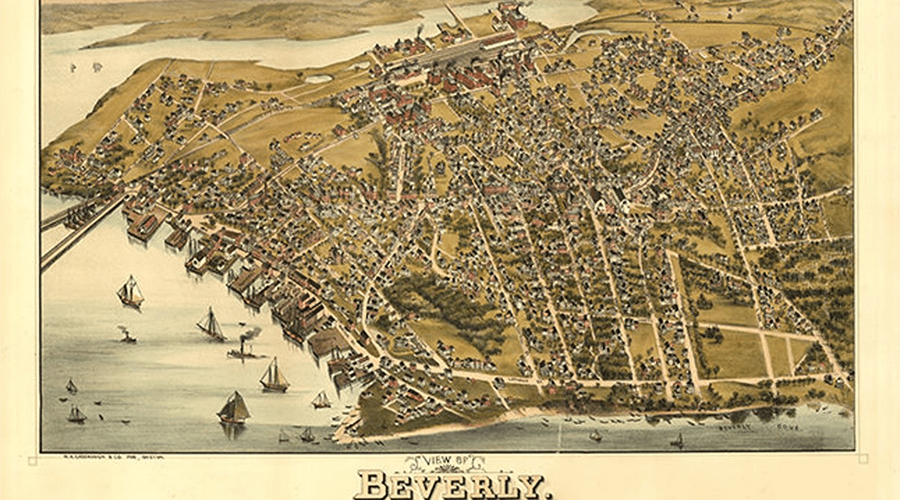It all started in 1623, when the “Old Planters” were sailing south along the coast to Naumkeag, hoping to find land to build an agricultural colony. With Roger Contant leading, these settlers successfully completed the task; built their homes and began farming on their new land. Eventually, in September of 1628, a new group of English settlers, lead by John Endicott, arrived with different motives than the “Old Planters”. Immediately the old and new planters started off on the wrong foot. After going back and forth, arguing over religious issues and agricultural issues, the two groups came up with a peaceful settlement and in 1629; the community decided to change the name to Salem. The colonists attempted to live peacefully together in Salem but those were 6 long, rough years for the community. In 1635, Roger Contant and four other “Old Planters”, were fed up and requested for a grant. Each of the 5 settlers were individually given 200 acres of land. The grant provided the 5 villagers a total of 1000 acres of land across the other side of the river. Shortly after, the “Old Planters” and their families moved to the Bass River Side and it was history from there. Thanks to the “Old Planters”, we are lucky enough to call the city of Beverly our home, and for that, we toast to them.
Now that the history of the name is out of the way, let us introduce you to our newest beer, Thousand Acre. This IPA is an immensely crisp hopped wheat ale with an ABV of 7.2%. Just wait, this is where it gets good; immediately after opening this beer, the aromas of grassy, citrusy, and pine hops take over your body. If you’re a fan of an IPA, then you know what’s next. Layers of hop flavor hit your taste buds following with a hint of malty sweetness to end your sip with a dry, crisp bitter bite. This beer isn’t just named Thousand Acre because we put the extra miles in. It’s named after the Founding Fathers ultimate accomplishment because it is a tough beer that is intense and powerful, with a hint of sweetness to it, just like our heroes, the “Old Planters”.

